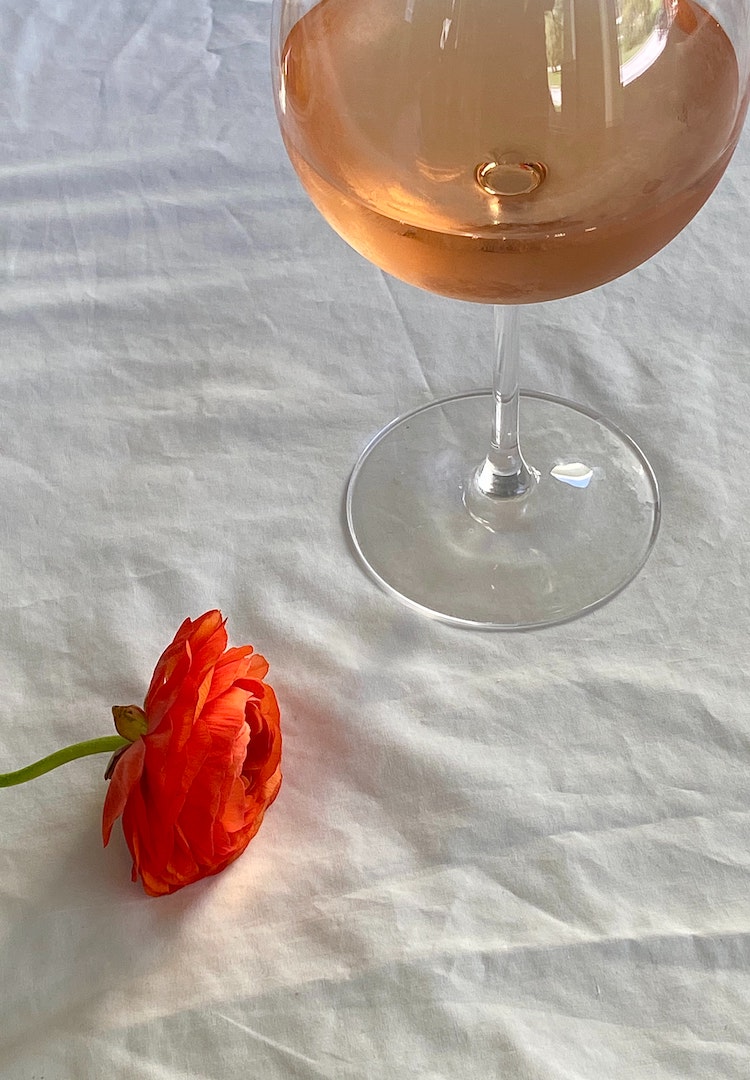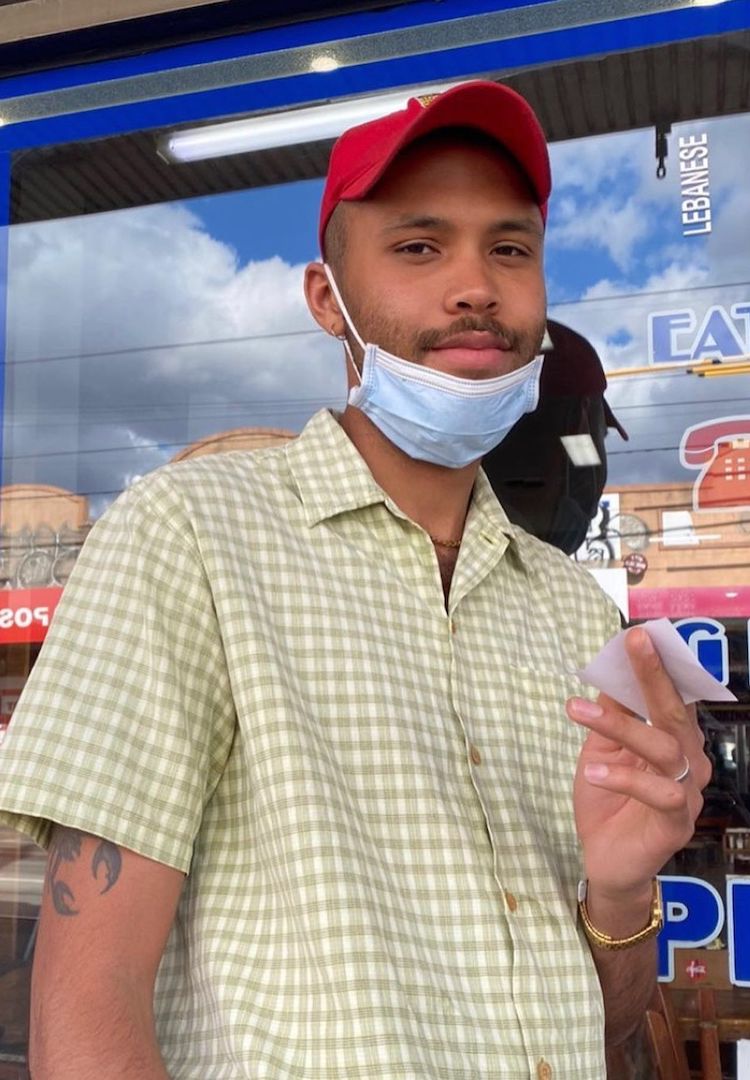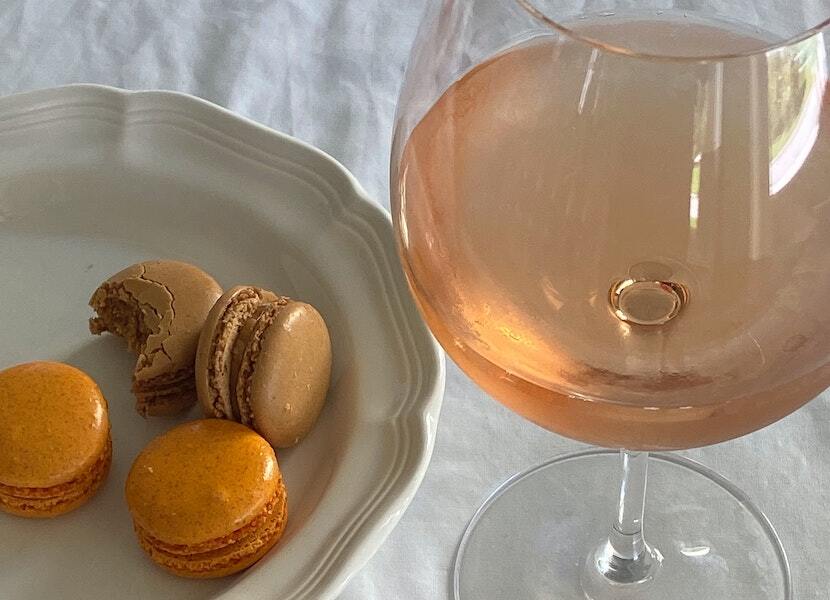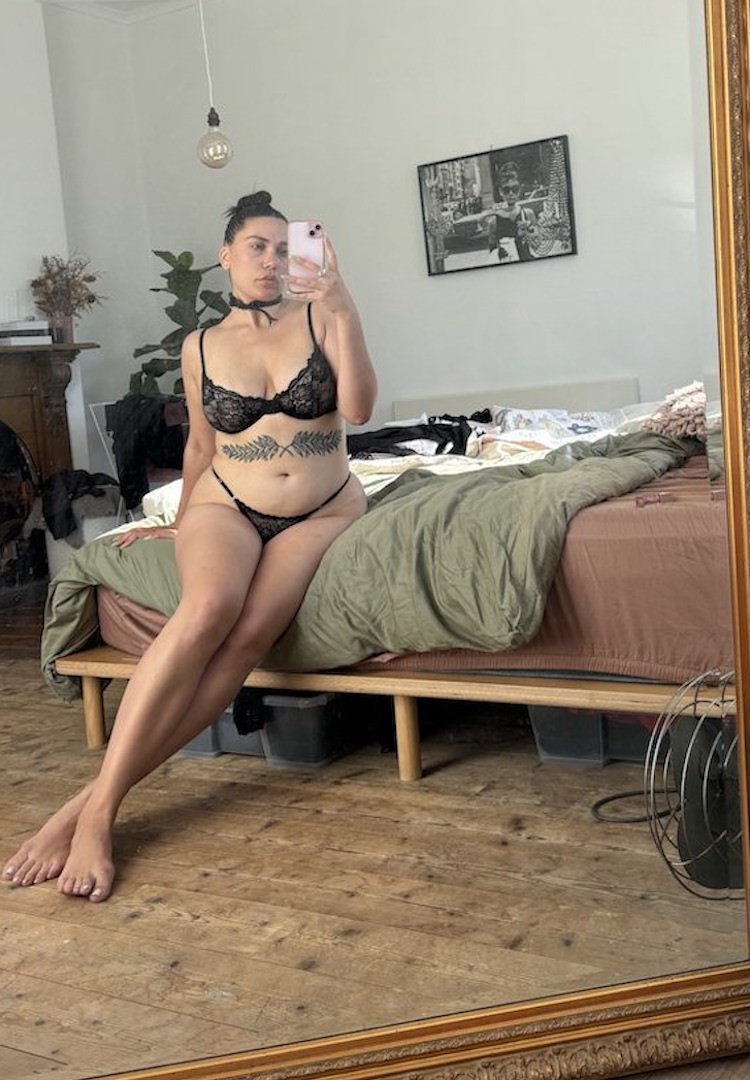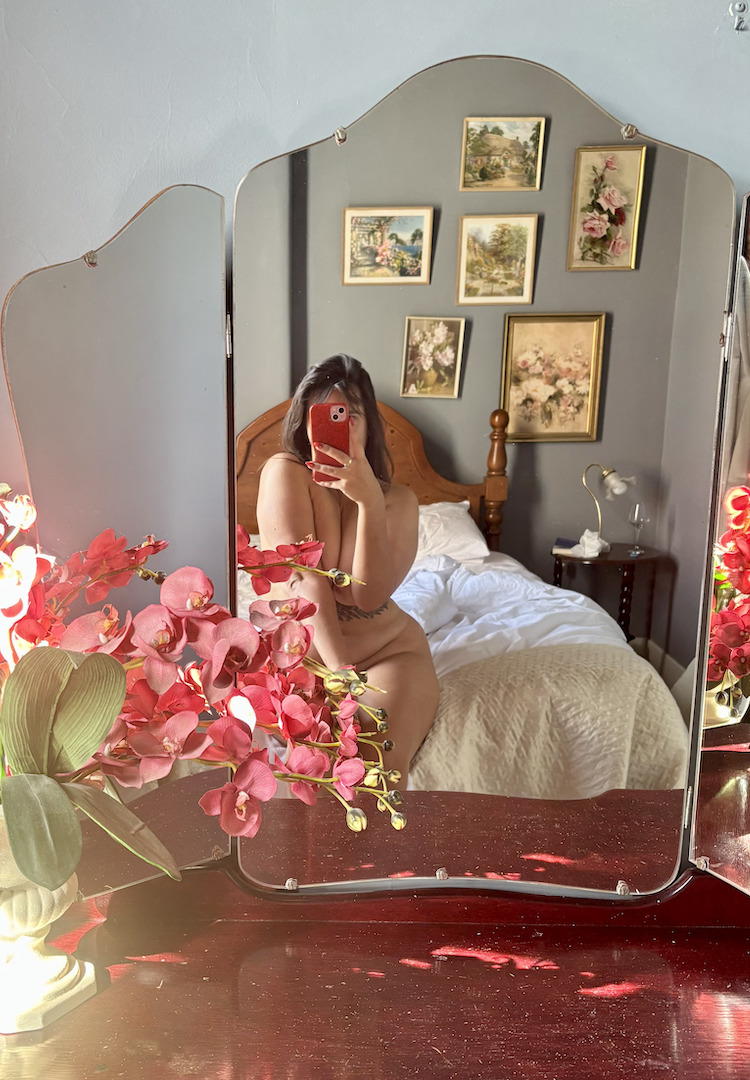I asked a couples counsellor how to navigate being single after a long-term relationship
WORDS BY KAT CHRISOULIS
It’s brutal out here.
It’s breakup season. There, I said it. And whether you’re fresh out of your first relationship or getting over your sixth break up that took place five months ago, the post-break-up life is one that takes some adjusting to.
Having just come out of a two-and-a-half-year relationship (my first relationship, while I’m oversharing), I’ve found myself in the throes of learning to exist as a single woman.
For more dating advice, head to our Life section
It’s all fun and games until you’re slapped with the realisation that your pool of potential hook-ups and situationships comprises entirely of your ex-boyfriend’s friends, and your ex-boyfriend. Alas, my first few months untethered have failed to live up to my expectations.
So, having committed to being unpartnered (and unhinged) for at least the rest of the year (for self-discovery purposes and all that voo-doo), I decided to lean on the experts to help guide me through the adjustment process. The Rebel Wilson to my Dakota Johnson, if you will.
It’s not a one size fits all situation
Depending on the circumstances of your breakup, and the nature of the relationship, the lack of constant companionship and attention can bring down even the best of us at times.
According to Mim Kempson, a sex-positive narrative therapist and couples counsellor, experiencing a cocktail of emotions is a universal part of the process.
“A sense of relief, peace, joy, but then moments of regret, confusion, despair, and maybe hoping to try the relationship again. These are all things that we can get overwhelmed by and not know how to cope with, and it’s in those moments where we need to pause and tune into which, amongst all that scramble of emotions, is the truest and most authentic to us,” Mim tells me.
Oftentimes we can resort to distracting ourselves – filling up our calendars with nights out, hot-girl walks with friends, and endless work meetings – and there’s definitely a time for that.
But Mim notes that distractions can be destructively used as a form of escapism from reality, as opposed to an avenue of self-care and self-growth.
“We have to make sure that we’re not disconnecting from ourselves and avoiding what it is that we need to confront, which is often some pretty hard truths about who we were in that relationship, what we settled for, what boundaries we failed to set, and what we did badly in the relationship that we need to own,” she says.
Boundaries are your friend
One of the most daunting aspects of navigating post-breakup life is determining the relationship, and proximity, that will exist between you and your ex-partner. This ultimately comes down to the nature of your relationship – how long you were together, whether the breakup was amicable or messy and whether you share friends.
For me, maintaining contact with my ex was a no-brainer. We shared the same friends, lived in the same area, and shared a mutual amount of love and respect for each other. That being said, it soon became apparent that for the split to sink in – at least in the short term – it’s best to go cold turkey.
Naturally, I was eager to hear Mim’s take on this. She puts it down to the way you feel after these interactions and encourages us to listen to our own intuition. After all, there is no breakup playbook.
“We just have to be aware of how we’re judging ourselves and be more conscious of the inner dialogue or commentary we’re making about the kind of person we are for reaching out to our ex. If there’s a sense of shame in reaching out then that’s one of those moments to pause,” she tells me.
“We will fuck up along the way and we have to be really gentle with ourselves that it’s not going to be a seamless, perfect, linear process. If we do fuck up, great! That’s more intel on what we need to give back to ourselves. If we realise that reaching out was a failure and the wrong move, then we have to sit in that embarrassment or that regret, and practise not judging ourselves.”
Sex as comfort
The best way to get over someone is to get under someone else, right? According to Mim, casual sex can be liberating and connective when it’s not used as a form of escapism, but instead to “nurture or nourish ourselves”. But here’s where it gets tricky.
While it’s easy to mask our contradictory emotions by seeking out validation from a source other than ourselves, there comes a point when that distraction wears off and you’re back to square one.
“Casual sex will soon become empty because you’re having a contrast between having been in a long-term relationship, where I guess you assume there was [a] connection for some time there, to casual sex where it’s not meeting all those emotional needs you used to get, and that can be quite confronting.”
The grass is always greener
Whether you’re struggling to get back out there by choice or not, loneliness (and having to book your own Uber home) is a harsh reality to come to terms with.
I can’t tell you how many times I’ve been cornered by friends itching to know about my wild tales as a newly single woman. Unluckily for them, I get to relay the news that I’ve managed to impress my boss at work and watch How to Lose a Guy in 10 Days for the eighth time that week.
It’s easy to romanticise being single when you’re in a relationship, and it’s easy to romanticise a relationship when you’re single. At this, Mim simply chuckles, “Ah yes, the grass is always greener”.
Dishing up some rather sobering advice, she says that “rather than brushing it off, this is the time to go inward and ask yourself the hard questions… [it] can be empowering and give a positive slant to being single because you see it as an opportunity to really soak it up so that the likelihood of attracting someone who is more on your wavelength becomes more likely”.
If you approach your single status with this mentality, then the time you spend reflecting and relishing your independence can help you build a solid foundation for more aligned relationships in the future (and a happier, more fulfilled life for yourself in the present).
You can read more relationship advice from Mim here.


